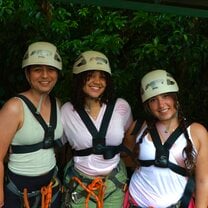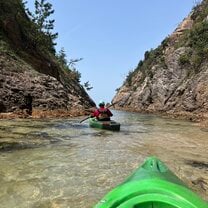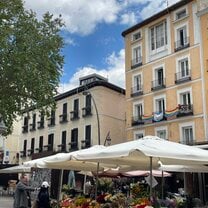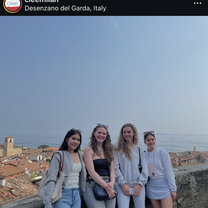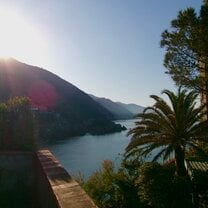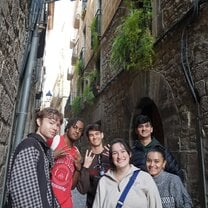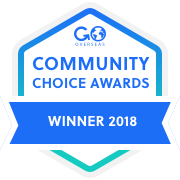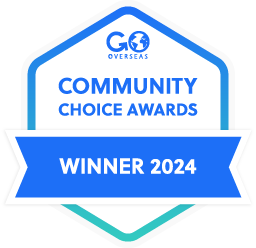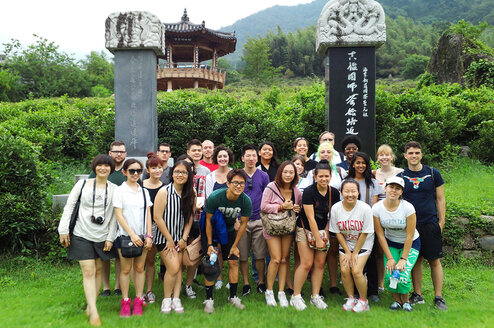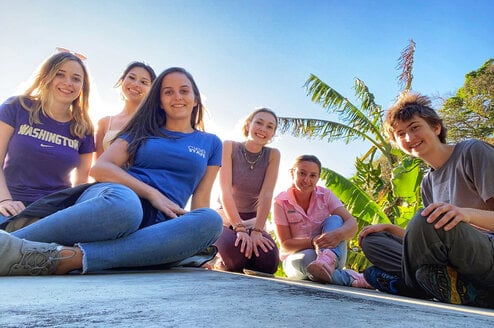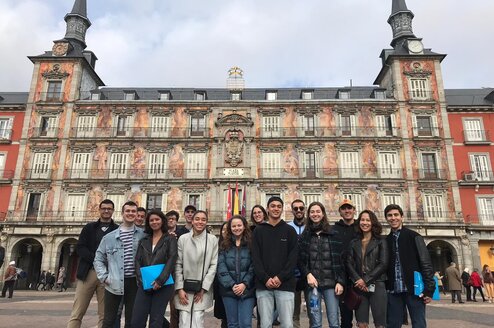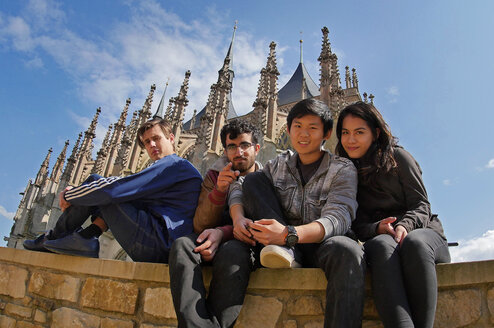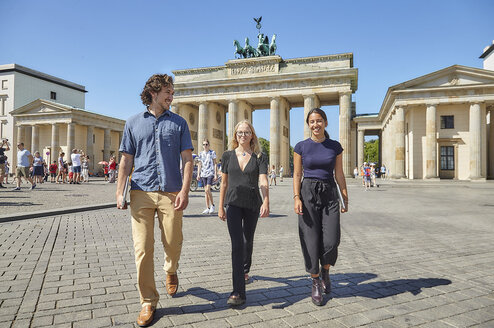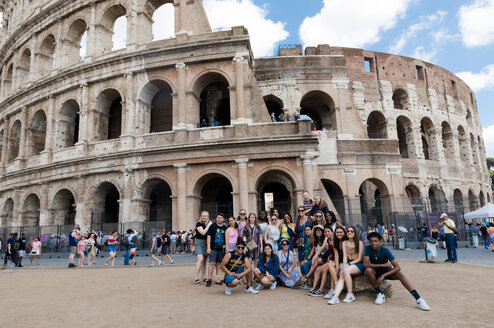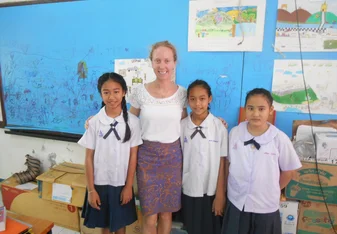Spending my summer in Milan as part of a global internship program was one of the most impactful and exciting experiences of my college journey so far. I interned at Stecca 3, a community-focused organization that works with different groups across Milan to promote cultural, educational, and environmental initiatives. Through my role, I got to contribute in multiple ways—interviewing people from diverse backgrounds, helping plan activities for kids, and assisting with translating content into English for their website and social media platforms. It was meaningful work that challenged me to think creatively, adapt quickly, and communicate across cultures.
This internship gave me a better understanding of what it’s like to work in a nonprofit setting and confirmed my interest in a career where I can help people and make a positive impact. I developed important skills like time management, teamwork, and public speaking—all in a different country and language, which made it even more rewarding. It pushed me outside of my comfort zone in the best way possible. I also learned how to work independently and manage projects with minimal guidance, which gave me a new level of confidence in my abilities.
Outside of the internship, living in Milan was an adventure in itself. Milan is a vibrant, fast-paced city with incredible architecture, fashion, and history around every corner. I loved exploring the Duomo, walking through Brera, grabbing coffee in quiet courtyards, and having aperitivo in Navigli at sunset. I even picked up some Italian just from being immersed in the culture. On weekends, I had the chance to travel to other parts of Italy, including Lake Como, Florence, Venice, and Cinque Terre. Each place had its own unique charm and gave me a deeper appreciation for Italian culture and history.
This summer was not just about professional growth—it was about personal growth too. Living abroad helped me become more independent, open-minded, and adaptable. It taught me how to balance work and life in a new environment, how to navigate public transportation in a foreign city, and how to stay present and make the most of every moment. I met amazing people from around the world, made lifelong memories, and came home feeling more inspired and motivated than ever.
I’m so grateful I took this leap and spent my summer in Milan. It truly was a once-in-a-lifetime experience that helped shape not only my resume, but also my perspective on the world and what I want for my future. I would recommend a global internship to anyone looking to gain valuable experience while immersing themselves in a new culture—you won’t regret it.




